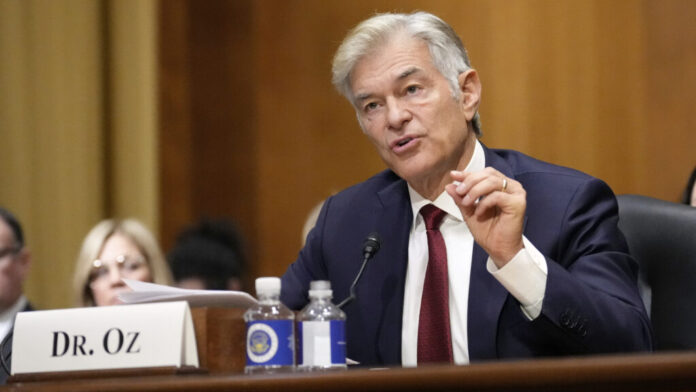"Federal Crackdown: Trump Administration Moves to Decertify Miami Organ Donation Agency Amid Safety Concerns"
Trump Administration Moves to Decertify Miami Organ Donation Agency Amid Safety Concerns
Washington, D.C. — In a significant development for the organ donation landscape, the Trump administration announced on Thursday its intention to shut down the Life Alliance Organ Recovery Agency (LAORA), citing a series of alarming deficiencies in performance and safety protocols. This decision marks a potential turning point in the oversight of organ procurement organizations (OPOs) across the United States.
Life Alliance, one of 55 federally designated OPOs, is responsible for coordinating the recovery of organs from deceased donors and matching them with patients on the national transplant waiting list. The agency operates as a nonprofit under the University of Miami Health System and has faced scrutiny for its operational practices.
Investigation Findings
The administration’s decision follows an investigation that uncovered serious lapses in the agency’s operations. Notably, a case from 2024 revealed that a surgeon declined a donated heart due to an unspecified error, raising concerns about the agency’s ability to manage critical organ donations effectively. Dr. Mehmet Oz, head of the Centers for Medicare and Medicaid Services (CMS), highlighted several issues during a news briefing, including:
- Unrecovered Donations: A significant number of potential organ donations went unharvested, contributing to the ongoing organ shortage crisis.
- Misallocation of Organs: Instances were reported where donated organs were sent to incorrect locations, further complicating the matching process for patients in need.
- Staffing Shortages: A lack of qualified personnel has hampered the agency’s ability to function optimally, raising questions about its operational capacity.
Implications of Decertification
If the decertification proceeds, it would be the first instance of the federal government shutting down an OPO, a move that could set a precedent for stricter oversight of organ procurement practices nationwide. Life Alliance has the option to appeal the decision, which could prolong the agency’s operations while the appeal is processed.
The Broader Context of Organ Donation
The announcement comes at a time when more than 100,000 Americans are on the transplant waiting list, with thousands dying each year due to a lack of available organs. In 2024, the U.S. recorded over 48,000 transplants, the highest number to date, predominantly from deceased donors. However, the gap between supply and demand remains a critical issue.
Efforts to reform the organ donation system have been ongoing, driven by concerns over inefficiencies and ethical practices. Recent changes aim to increase the number of donations, minimize waste, and address public trust issues. New safeguards have been implemented following complaints about OPOs failing to halt donation preparations when patients exhibited signs of life, which has led to a decline in donor registrations.
Reassurances from Health Officials
In light of the recent controversies, Dr. Oz sought to reassure the public about the safety and integrity of the organ donation system. "Congress has thoughtfully and aggressively pursued some horrifying stories that have chilled some Americans’ enthusiasm for donating organs. We are here today to tell you this system is safe. It’s rigorously being addressed," he stated. He also commended the majority of OPOs that are performing well, emphasizing that most organizations are committed to ethical and effective practices.
Conclusion
As the situation unfolds, the future of the Life Alliance Organ Recovery Agency hangs in the balance. The potential decertification underscores the urgent need for reform in the organ donation system, as the nation grapples with a persistent shortage of available organs and the ethical implications of organ procurement practices. The outcome of this case could have lasting effects on public trust and the operational standards of OPOs across the country.
For further updates, stay tuned as this story develops.
